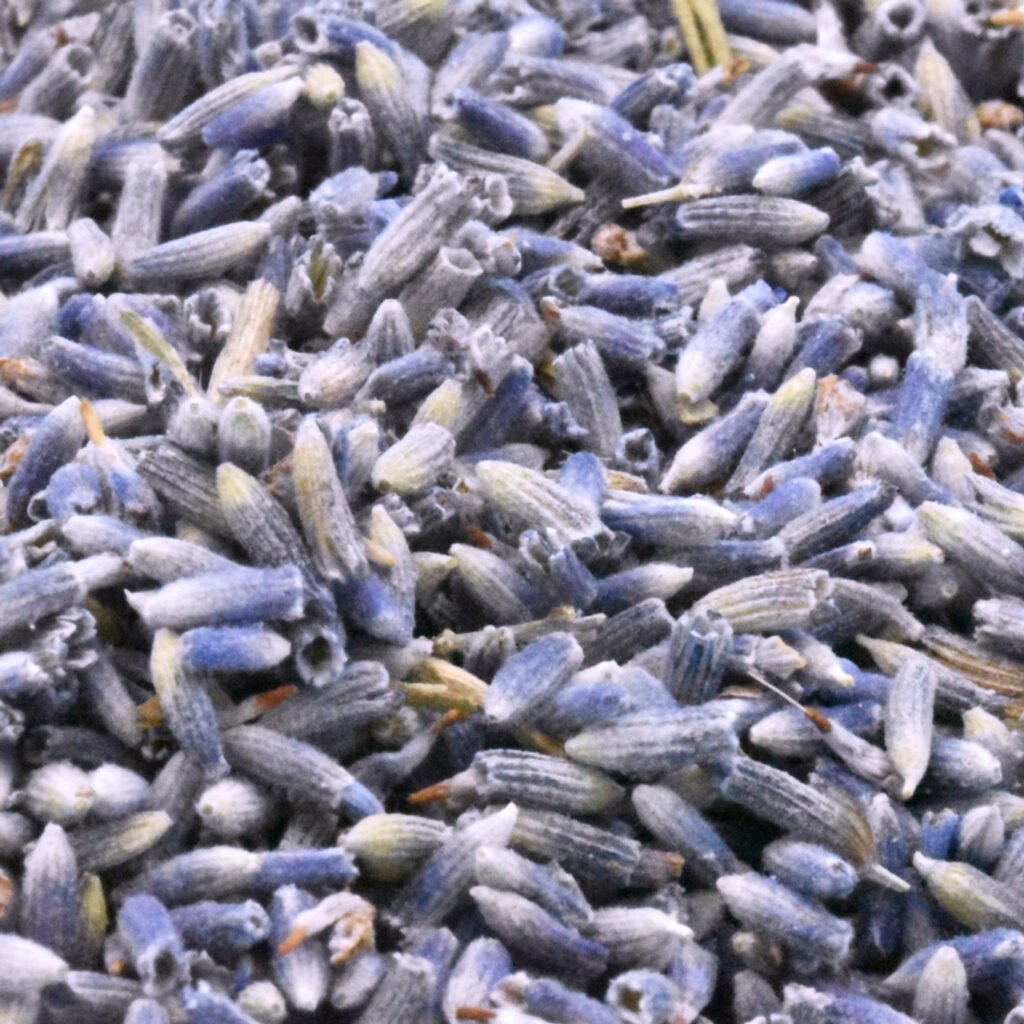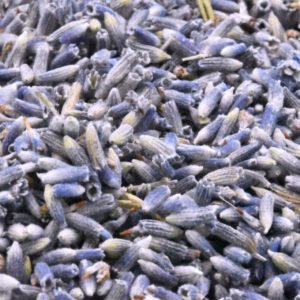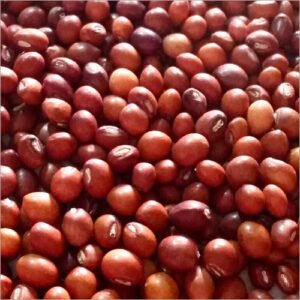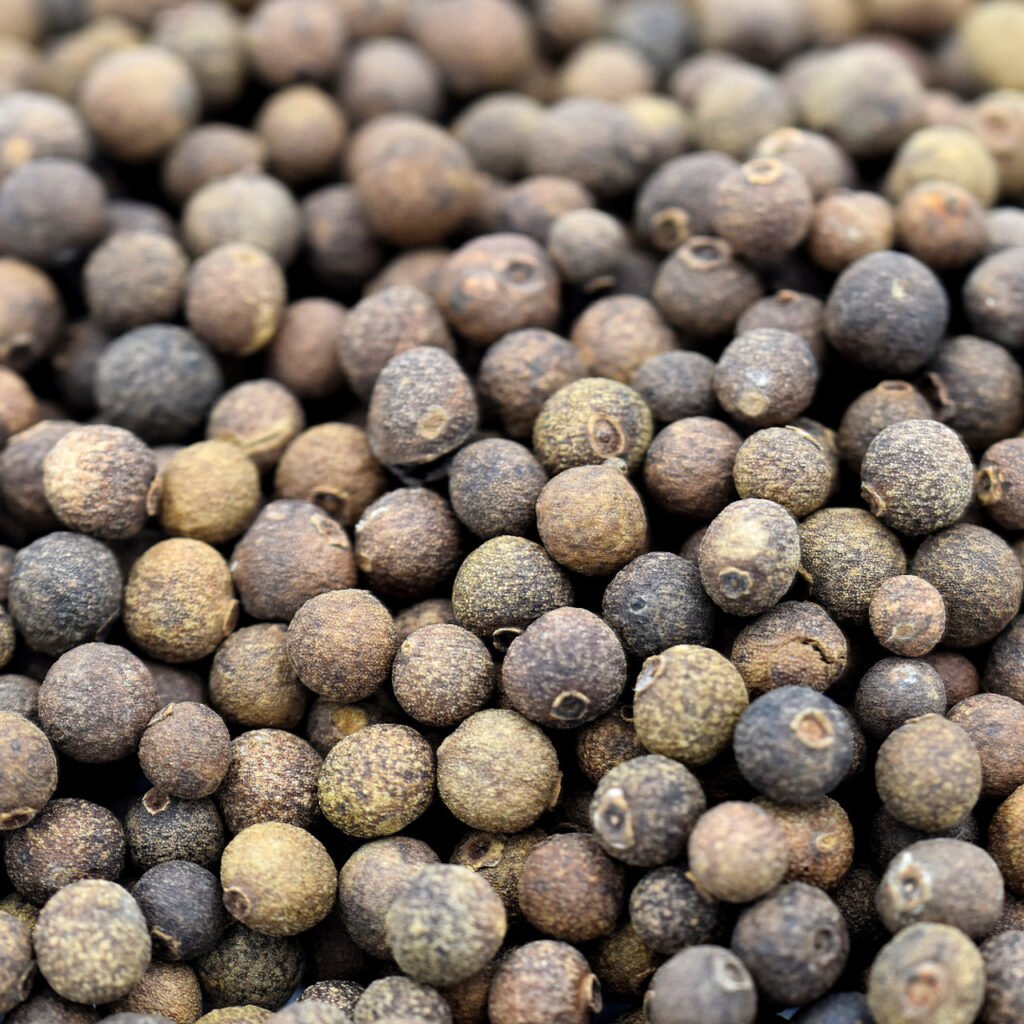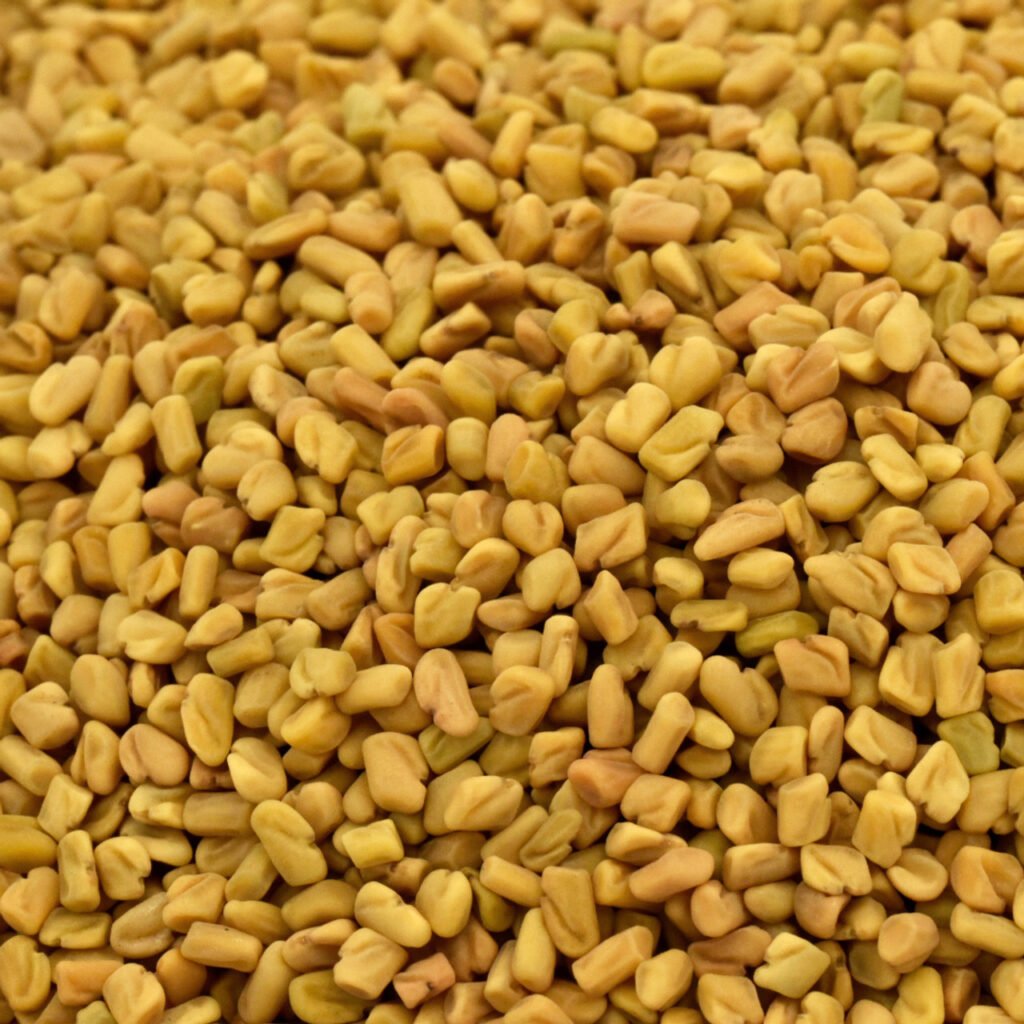Lavender Seeds
Lavender is a well-known plant that is widely used for its medicinal and therapeutic benefits. The plant is not only used in aromatherapy but also in cooking and as a natural remedy for various ailments. One of the best ways to enjoy the benefits of lavender is by planting lavender seeds in your garden. In this article, we will discuss the various benefits of lavender seeds and why you should consider planting them in your garden.
- Lavender Seeds
- History of Lavender
- Benefits of Lavender Seeds
- 1. Relieves Stress and Anxiety
- 2. Improves Sleep Quality
- 3. Boosts Immune System
- 4. Promotes Healthy Skin and Hair
- 5. Reduces Headaches
- 6. Acts as a Natural Insect Repellent
- 7. Enhances Digestive Health
- 8. Reduces Inflammation and Pain
- 9. Fights Respiratory Problems
- 10. Acts as a Natural Antibacterial Agent
- 11. Enhances Cognitive Functioning
- How to Grow Lavender from Seeds
- Conclusion
- Shop now from our store
History of Lavender
Lavender has been used for thousands of years for its medicinal and therapeutic properties. The ancient Egyptians used lavender in their perfumes and for mummification, while the Greeks and Romans used it for bathing, cooking, and as a perfume. In medieval times, lavender was used for its antiseptic and healing properties, and it was also believed to ward off evil spirits.
Benefits of Lavender Seeds
1. Relieves Stress and Anxiety
Lavender is known for its relaxing properties, and it has been used for centuries to relieve stress and anxiety. Research has shown that inhaling lavender essential oil can reduce feelings of anxiety and promote relaxation.
2. Improves Sleep Quality
Lavender is also known for its ability to promote better sleep. Studies have shown that inhaling lavender essential oil before bedtime can improve the quality of sleep, reduce insomnia, and promote deeper, more restful sleep.
3. Boosts Immune System
Lavender contains compounds that have antimicrobial and antiviral properties, which can help boost the immune system. It has been shown to be effective against various types of bacteria and viruses.
4. Promotes Healthy Skin and Hair
Lavender has a soothing effect on the skin, and it is often used in skincare products to treat acne, eczema, and other skin conditions. It is also believed to stimulate hair growth and improve the health of the scalp.
5. Reduces Headaches
Lavender has been shown to be effective in reducing the severity and frequency of headaches, including migraines. It is believed to work by reducing inflammation and relaxing the muscles in the head and neck.
6. Acts as a Natural Insect Repellent
Lavender has a strong scent that repels insects, including mosquitoes and flies. It is often used in natural insect repellents and can be effective in keeping bugs away.
7. Enhances Digestive Health
Lavender has been shown to have a calming effect on the digestive system, which can help reduce digestive issues such as bloating and constipation. It is also believed to stimulate the production of bile, which can improve digestion.
8. Reduces Inflammation and Pain
Lavender contains compounds that have anti-inflammatory and analgesic properties, which can help reduce inflammation and pain. It has been shown to be effective in treating conditions such as arthritis and muscle pain.
9. Fights Respiratory Problems
Lavender has been shown to have beneficial effects on the respiratory system. It can help relieve coughs, colds, and other respiratory problems, including asthma. Its anti-inflammatory and antiseptic properties can help reduce inflammation and fight infections.
10. Acts as a Natural Antibacterial Agent
Lavender contains compounds that have antibacterial properties, which can help fight off infections. It has been shown to be effective against various types of bacteria, including those that cause infections in the skin and respiratory system.
11. Enhances Cognitive Functioning
Lavender has been shown to have positive effects on cognitive functioning. Research has found that inhaling lavender essential oil can improve cognitive performance, including memory and reaction times.
How to Grow Lavender from Seeds
Growing lavender from seeds is a simple process that can be done in a few easy steps. First, choose a sunny location with well-drained soil. Then, prepare the soil by adding compost or other organic matter to improve drainage and fertility. Sow the seeds directly into the soil, about 1/4 inch deep, and water them well. Keep the soil moist but not wet, and the seeds should germinate within 14 to 21 days. Once the plants have grown to a few inches tall, you can transplant them into their final location.
Conclusion
Lavender is a versatile plant that has numerous benefits for both physical and mental health. Planting lavender seeds in your garden is a simple and effective way to enjoy the many benefits of this amazing plant. From relieving stress and anxiety to improving sleep quality and enhancing cognitive function, lavender is truly a wonder plant.
- What is the best time to plant lavender seeds? A: The best time to plant lavender seeds is in the spring or fall.
- Do I need to use fertilizer when growing lavender from seeds? A: Lavender prefers well-drained soil that is not too rich in nutrients. However, you can use a balanced fertilizer sparingly if needed.
- Can I grow lavender indoors? A: Yes, lavender can be grown indoors in a sunny location, but it may not thrive as well as it would outdoors.
- How often should I water lavender plants? A: Lavender plants prefer to be watered deeply but infrequently. Water them once or twice a week, depending on the weather conditions.
- Can lavender be used in cooking? A: Yes, lavender is a versatile herb that can be used in cooking to add flavor to dishes such as salads, desserts, and drinks. However, it should be used sparingly as it has a strong flavor.

